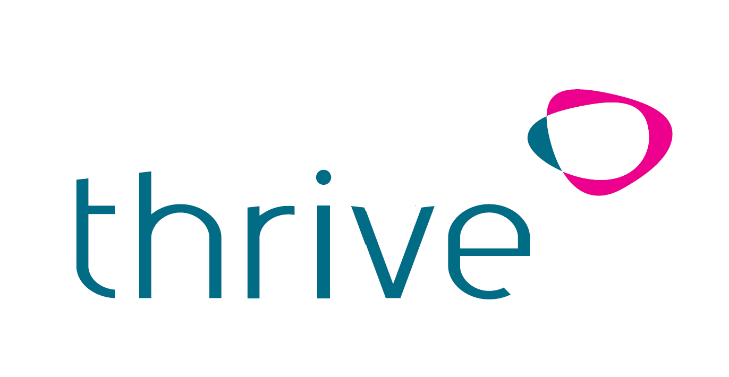- Learn
-
Network
- Featured Event:
- Collaborate
- Influence
- Partners
-

-

Alas, none of us has the skills of Nostradamus or other fortune tellers, the future is precisely that, ahead of us, on a path not yet travelled, what we can do, is look at the past.
When we look at other global situations, it will pass, humanity will get through this and once again as a society we will be stronger and better for it, we will have developed new techniques and procedures, we will have developed vaccines and coping strategies for future generations, but how does that help me now, we hear you ask.
As you will have seen in the news, mental resilience is recognised, supported, and encouraged more now, than in any other period of history. Our awareness of our own mental health and those of others is gathering momentum at an incredible rate.
Support networks, apps, websites, and organisations are releasing new data and new methods almost daily it appears, we will be equipped, and we will be armed.
There is no doubt that technology has opened a new frontier in mental health support and data collection. Mobile devices like smartphones, smartwatches and tablets are giving the public, doctors, and researchers new ways to access help, monitor progress, and increase understanding of mental wellbeing. Facial recognition systems can now detect raises in hormone levels, indicating stress and anger, blood pressure is routinely measured remotely. It will help in the battle of physical and mental ill-health.
While we shouldn’t ignore the aftereffects of Covid-19, the potential increase in suicides, domestic violence, and global tension, as we all start to adjust to the “new normal”, we can take solace in the fact that we are all in this together, we are all facing the same demons, and we will ensure that support and help are available for everyone that needs it.
How are we approaching our return to work?
Things have changed, most organisations are running at twenty to fifty percent capacity offices, PPE (Personal Protection Equipment) and safety shields in place for each desk, collaboration areas and meeting rooms will be closed. This won’t be like returning to our old way of life, things have shifted. Will we start to see organisations offering fully flexible working conditions? Where the right place to work is the safest for that individual’s mental wellbeing.
Only time will tell what sort of life our office and factory-based workers will be returning to, but throughout this transition period, there will be support, and there will be changes, but that’s what human adaption and overcoming adversity is about.
What we have an abundance of, is hope, hope for a better future, hope for recovery, and hope for a slightly altered future, where human centricity comes first and a more focused approach to developing mental strength.
We can only achieve this nirvanic state, by all coming together as a society, where communities pull together in support of each other, and we start to talk, to be really open with our thoughts, our feeling, and our emotions.
Do we have proof of this already? Yes, we do, human attitude.
One significant change has been the shift in society’s attitudes, where people are becoming more accepting of mental health problems and more supportive of people with mental health issues.
We are more aware of common mental disorders today, such as depression and anxiety, and we are more willing to talk to health professionals and seek treatment than ever before.
As we educate and start to stamp out stigma and discrimination, then together, we will build a mentally healthy and mentally strong human species.
If anything in this article has worried or upset you, or you would like to discuss what you can put in place for your employees to facilitate a mentally healthy return to work, please feel free to call Simon Nichols, the author of this article and the Wellbeing director of Thrive. 0771 471 1233

Our latest insights and thoughts